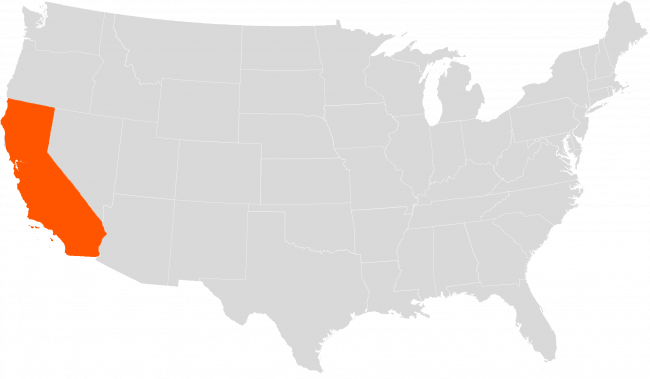BLOG
UPDATE: IRS announces tax relief for victims in California

Due to severe winter storms, flooding, and mudslides in California, the IRS has issued extensions of the 45-day and 180-day deadlines for several counties in California.
The Disaster Date is January 8, 2023. The ORIGINAL General postponement date was May 15, 2023.
UPDATED 10/16/23: This news release has been updated to change the filing and payment deadlines from Oct. 16, 2023 to Nov. 16, 2023. The Nov. 16 deadline also applies to the quarterly payroll and excise tax returns normally due on Oct. 31, 2023.
UPDATED 2/23/23: Updated to change the filing and payment deadlines from May 15, 2023 to Oct. 16, 2023.
The Disaster Date is listed above. Note that some disasters occur on a single date; others, such as flooding, occur over a period of days and the Disaster Date above is preceded by beginning or began.
Victims of severe winter storms, flooding, and mudslides in California beginning January 8, 2023, now have until May 15, 2023, to file various individual and business tax returns and make tax payments, the Internal Revenue Service announced today.
Following the disaster declaration issued by the Federal Emergency Management Agency, individuals and households affected by severe winter storms, flooding, and mudslides that reside or have a business in Colusa, El Dorado, Glenn, Humboldt, Los Angeles, Marin, Mariposa, Mendocino, Merced, Monterey, Napa, Orange, Placer, Riverside, Sacramento, San Bernardino, San Diego, San Joaquin, San Luis Obispo, San Mateo, Santa Barbara, Santa Clara, Santa Cruz, Solano, Sonoma, Stanislaus, Sutter, Tehama, Ventura, Yolo, and Yuba counties qualify for tax relief.
An “Affected Taxpayer” includes individuals who live, and businesses whose principal place of business is located in, the Covered Disaster Area. Affected Taxpayers are entitled to relief regardless of where the relinquished property or replacement property is located. Affected Taxpayers may choose either the General Postponement relief under Section 6 OR the Alternative relief under Section 17 of Rev. Proc. 2018-58. Taxpayers who do not meet the definition of Affected Taxpayers do not qualify for Section 6 General Postponement relief.
Option One: General Postponement under Section 6 of Rev. Proc. 2018-58 (Affected Taxpayers only). Any 45-day deadline or 180-day deadline (for either a forward or reverse exchange) that falls on or after the Disaster Date above is postponed to the General Postponement Date. The General Postponement applies regardless of the date the Relinquished Property was transferred (or the parked property acquired by the EAT) and is available to Affected Taxpayers regardless of whether their exchange began before or after the Disaster Date.
Option Two: Section 17 Alternative (Available to (1) Affected Taxpayers and (2) other taxpayers who have difficulty meeting the exchange deadlines because of the disaster. See Rev. Proc. 2018-58, Section 17 for conditions constituting “difficulty”). Option Two is only available if the relinquished property was transferred (or the parked property was acquired by the EAT) on or before the Disaster Date. Any 45-day or 180-day deadline that falls on or after the Disaster Date is extended to THE LONGER OF: (1) 120 days from such deadline; OR (2) the General Postponement Date. Note the date may not be extended beyond one year or the due date (including extensions) of the tax return for the year of the disposition of the relinquished property (typically, if an extension was filed, 9/15 for corporations and partnerships and 10/15 for other taxpayers).
Visit for full details on the tax relief.
Details above provided by the Federation of Exchange Accommodators (FEA).
Updated 10/16/2023.

